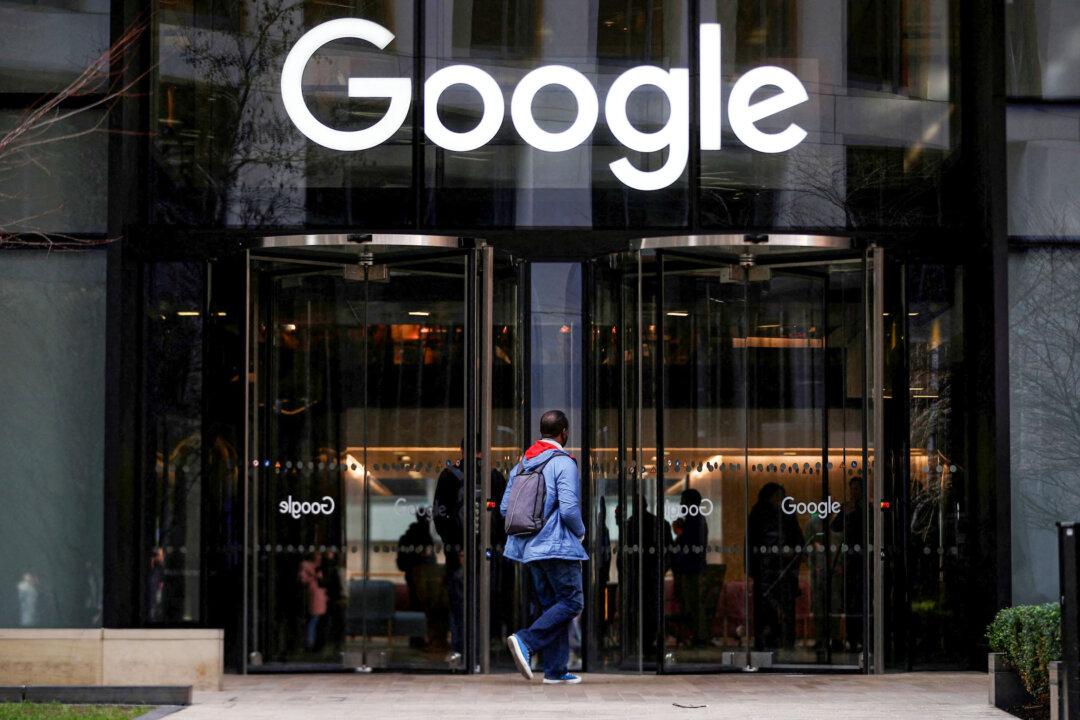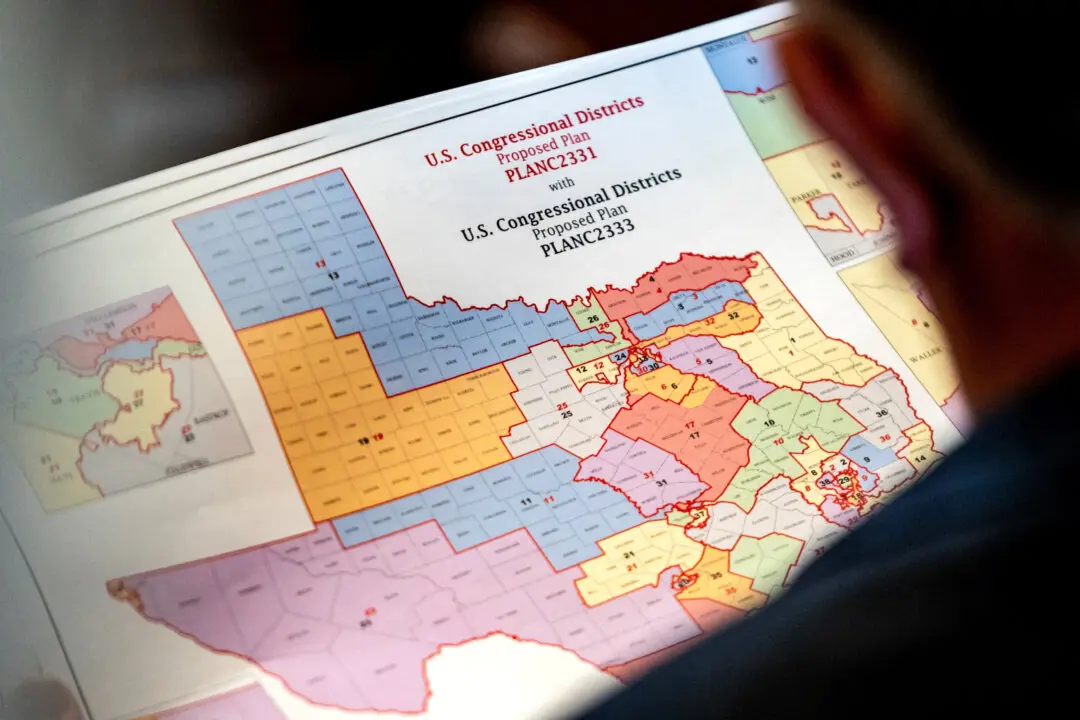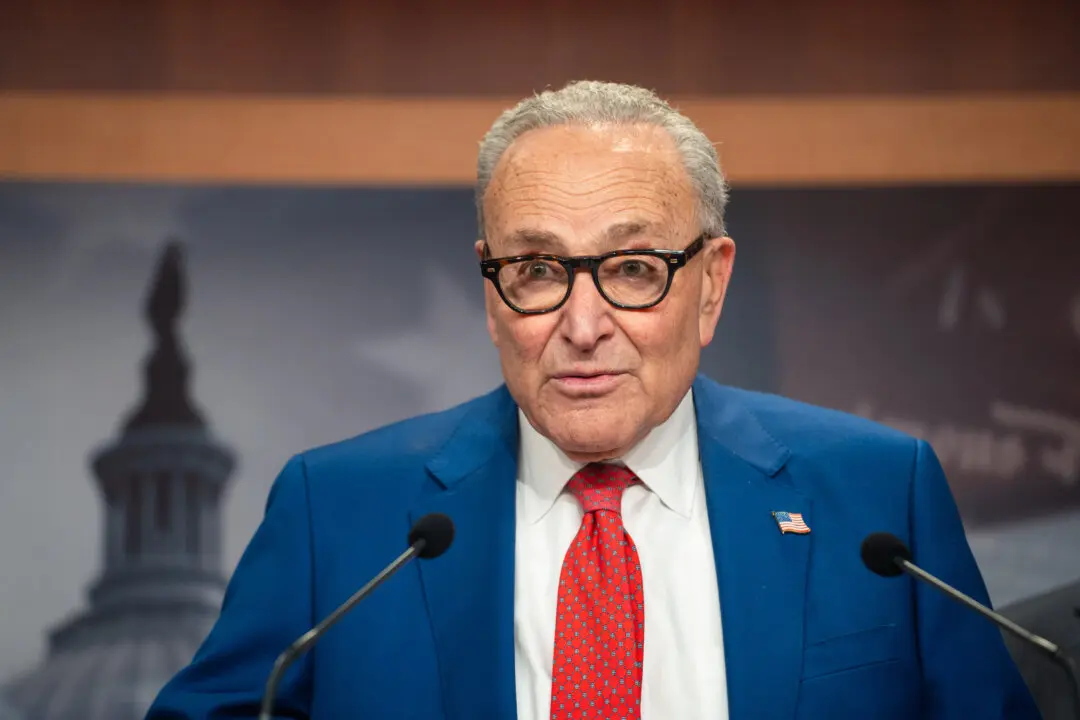In a major ruling, a federal court has issued a permanent injunction requiring Google to significantly alter its Android operating system and Google Play Store, specifically mandating that the tech giant allow greater access for third-party app stores.
This follows a jury’s unanimous verdict that Google violated antitrust laws in its dealings with Epic Games, Inc.





